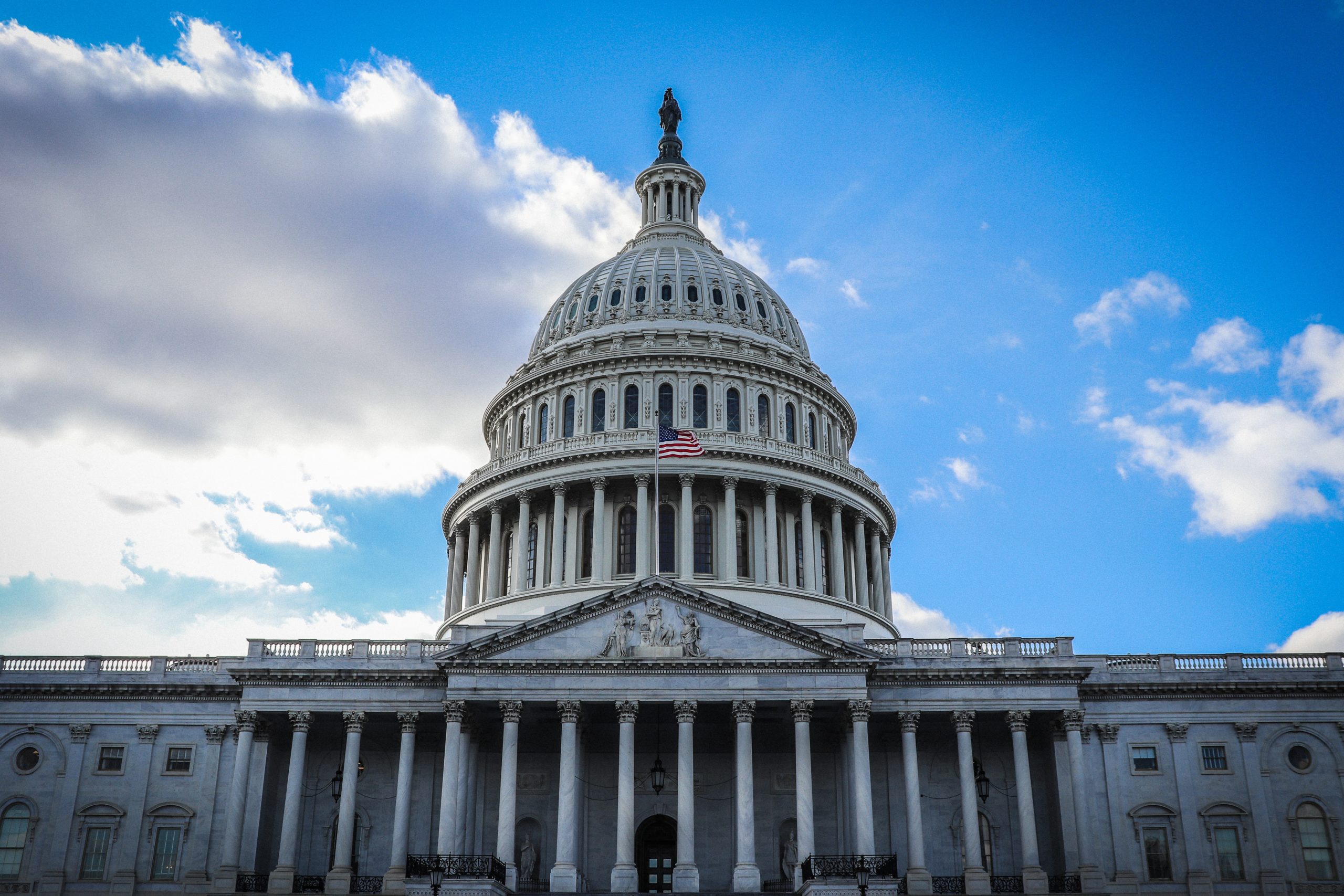
By Dr Jeanne Morefield, Senior Lecturer of Political Theory, Department of Political Science and International Studies, University of Birmingham & Fellow, Quincy Institute of Responsible Statecraft, Washington D.C.
““This is not who we are” is the standard cant of America’s public culture whenever it is confronted with something Trump does that seems to shatter the illusion of a nation based on principles of equality, freedom, and justice for all.”
On Wednesday, January 6, an armed mob of Trump supporters stormed the United States Capitol building intent on stopping Congress from certifying the 2020 election results. Urged on by the words of the President, this crowd of reactionaries – wielding insignia ranging from “Make America Great Again” to “Camp Auschwitz” – smashed through the windows of the Capitol and then, seemingly without police resistance, began roaming through its halls, chambers, and offices.
In the midst of the mayhem, President elect Joseph R. Biden took to the podium to condemn the rioters and reassure the global public watching the situation unfold in real time that these events would not stand. “Let me be very clear,” Biden began, “the scenes of chaos at the Capitol do not reflect the true America.” “This is not,” he continued, “who we are.” Biden’s words were immediately echoed by politicians, pundits, and media personalities on either side of America’s political divide. “This is not who we are,” they declared almost with one voice, as if in a furious rush to distance their country from the spectacle that had just taken place in the seat of government.
To be clear, these responses were not unexpected. “This is not who we are” is the standard cant of America’s public culture whenever it is confronted with something Trump does that seems to shatter the illusion of a nation based on principles of equality, freedom, and justice for all. Trump’s comment that there were “good people on both sides” of the white supremacist march on Charlottesville in 2017, for instance, elicited a chorus of bipartisan “not who we are’s.” These same pundits and politicians will also frequently compare the politics Trump espouses to those found, as Betsy Devos recently put it, in “banana republics.” Never in America. Never here.
But the tentacles of “not who we are” stories sink deeper into the American psyche than Trump and Trumpianism. In 2014 I wrote a book entitled, Empires Without Imperialism: Anglo-American Decline and the Politics of Deflection in which I investigated historical “not who we are” narratives in both Britain and America. Pundits from both of these self-identified liberal democracies react similarly when confronted with their state’s imperial, illiberal, racist, and violent behavior: “yes, these things are disappointing, but they do not reflect our true character.” Historically, these “not who we are” narratives are always bipartisan – the through line between liberal and conservative governments and administrations across the twentieth and twenty-first centuries. Indeed, my book begins, with an account of President Obama’s, Hilary Clinton’s, and Leon Panetta’s responses to the murder of Iraqi civilians by an American soldier in 2012: “This is not,” they all vehemently argued in different media statements, “who we are.”
This time, however, there are signs that “not who we are” narratives are failing to attract the universal validation they usually receive from the public sphere. Almost as soon as such platitudes began spilling out across the American media / social medial landscape, editorial writers from the New York Times to Rolling Stone began pushing back, finally seeming to wake up to an obvious point that scholars of Black history have been making for decades: “No, in fact, this is exactly who we are.” It doesn’t take much digging to discover that marauding hordes of white people who believe something was stolen from them, brandishing nooses, waving the Confederate flags, and insisting that their votes count more than those of people of color, is as American as apple pie. As Kimberlé Crenshaw recently put it: “When people say, ‘we’re better than this,’ I often wonder, ‘so what history have you not read?’”
It took an invasion of the Capitol by armed, white nationalist thugs, but there is at last some indication that tiny cracks are beginning to appear in the husk of denial and deflection that encases mainstream American self-perception. My hope, as an American and a scholar of exceptionalism and imperialism, is that this trend toward self-examination continues and widens beyond America’s domestic history of slavery, indigenous slaughter, Jim Crow, and racial violence. My hope is that Americans also start taking into account the millions of lives lost in Iraq, Cambodia, Vietnam, Guatemals, Iran, Chile, Libya, and elsewhere because of “our” contempt for other people’s democracies. My hope is that January 6, 2021 will be the beginning of an era in which Americans stop deflectively insisting “this is not who we are” and start asking, with humility and reflection: “who have we been?” And more importantly, “who do we want to be?”
- Find out more about Dr Jeanne Morefield
- Find out more about The Department of Political Science and International Studies
- Back to Social Sciences Birmingham
